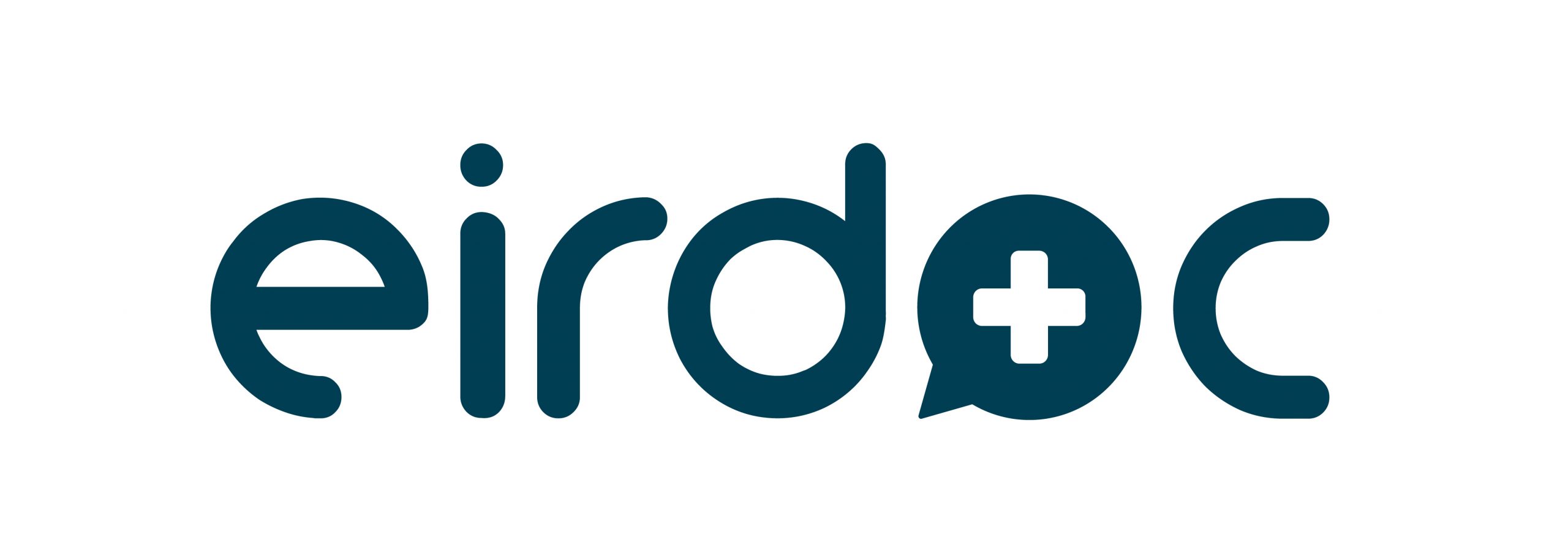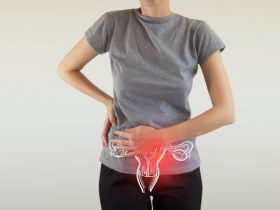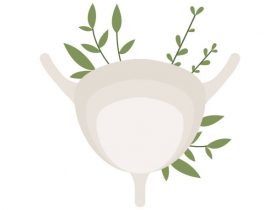- Interstitial cystitis- is a chronic condition that is manifested as a persistent pressure on urinary bladder causing pain and frequent urge to urinate. The pain in your bladder and your pelvic region may be mild to severe in intensity. It mostly strikes women and is difficult to diagnose and cure.
- Drug-associated cystitis- drugs that are used in chemotherapy of cancer can hurt the bladder, because the left-over fragments of drug abandon the body and upset the urinary tract.
- Radiation cystitis- radiation therapy that is used to kill cancer cells, also affects other healthy cells. So, radiation at pelvis can distress the bladder tissues leading to inflammation.
- Foreign body cystitis- prolong use of catheter for withdrawal of urine can be a cause of bacterial infection and bladder tissue damage that results as cystitis.
- Chemical cystitis- some people are allergic to certain chemicals like those used in bubble baths, spermicidal gels, body sprays and perfumes. Their extra-sensitive nature an induce an allergic reaction in the bladder and cause inflammation.
- Failure to evacuate urine- if you are unable to empty your bladder fully, bacteria that get access to bladder can stick to its lining and are not flushed out with urine can be a source of infection. This can happen for following reasons:
- Blockage at anywhere of your urinary system because of bladder stones.
- During pregnancy, when baby is putting force on your bladder.
- Enlarged prostate in men press on urethra may obstruct passage of urine.
- Other complications:
- Menopause- menopausal women may easily get cystitis because of the lack of hormone oestrogen. This hormone deficiency can lead to shrinkage of urethral lining, making urethra more vulnerable to bacterial invasion that can also occupy bladder.
During menopause, normal count of natural bacteria in vagina is also altered that allows harmful bacteria get into the urinary tract and infect bladder.
- Diabetes- when sugar levels in your body remains very high persistently like in diabetes, there is an increased risk of getting cystitis. This is because plenty of sugar makes up favorable environment for any harmful bacteria that enters the bladder and promotes bacterial growth.
- HIV infection- in the conditions like AIDS your immune system is weakened, not being able to fight harmful bacteria entering your body, can increase the chances of bladder infection.
References
Everything you need to know about cystitis





